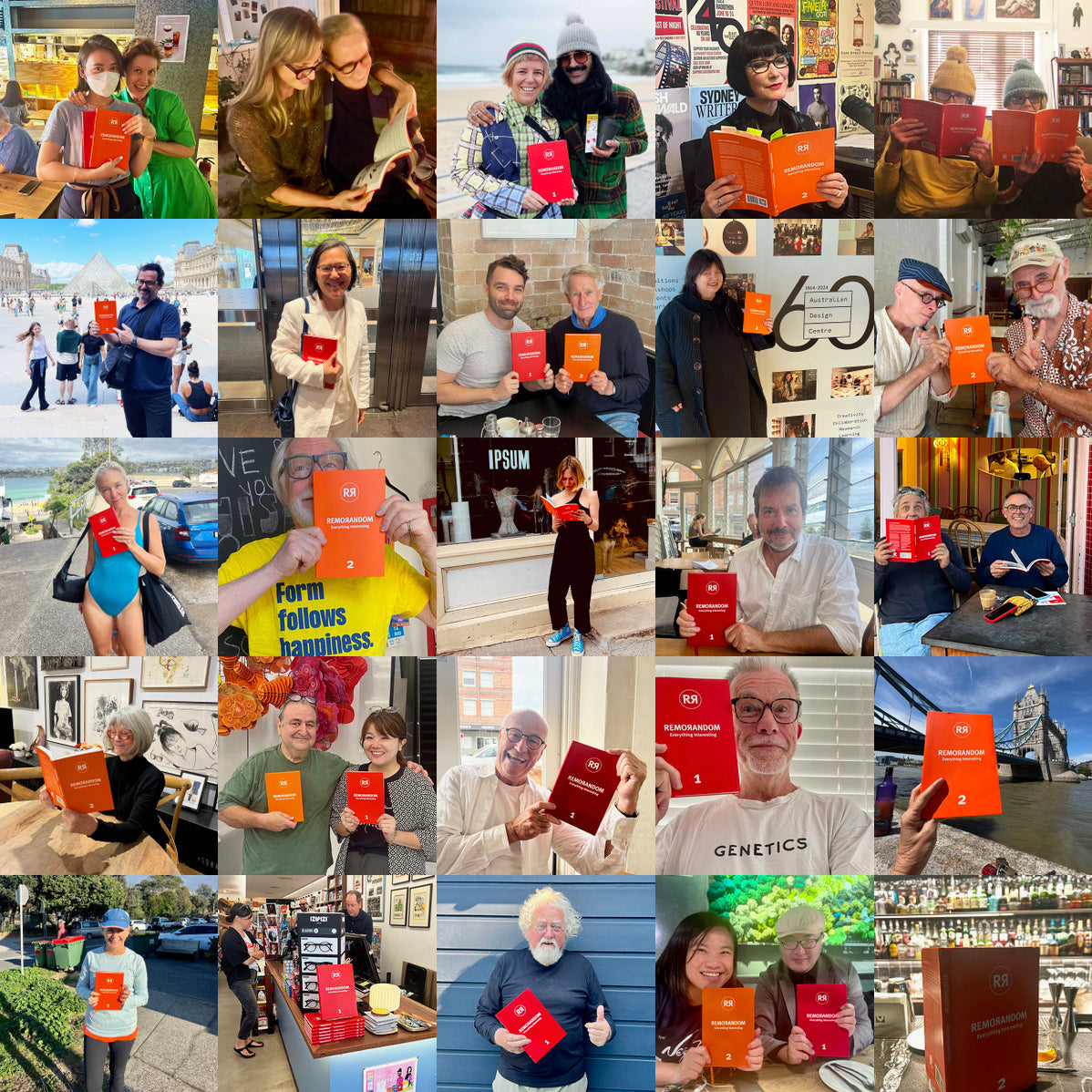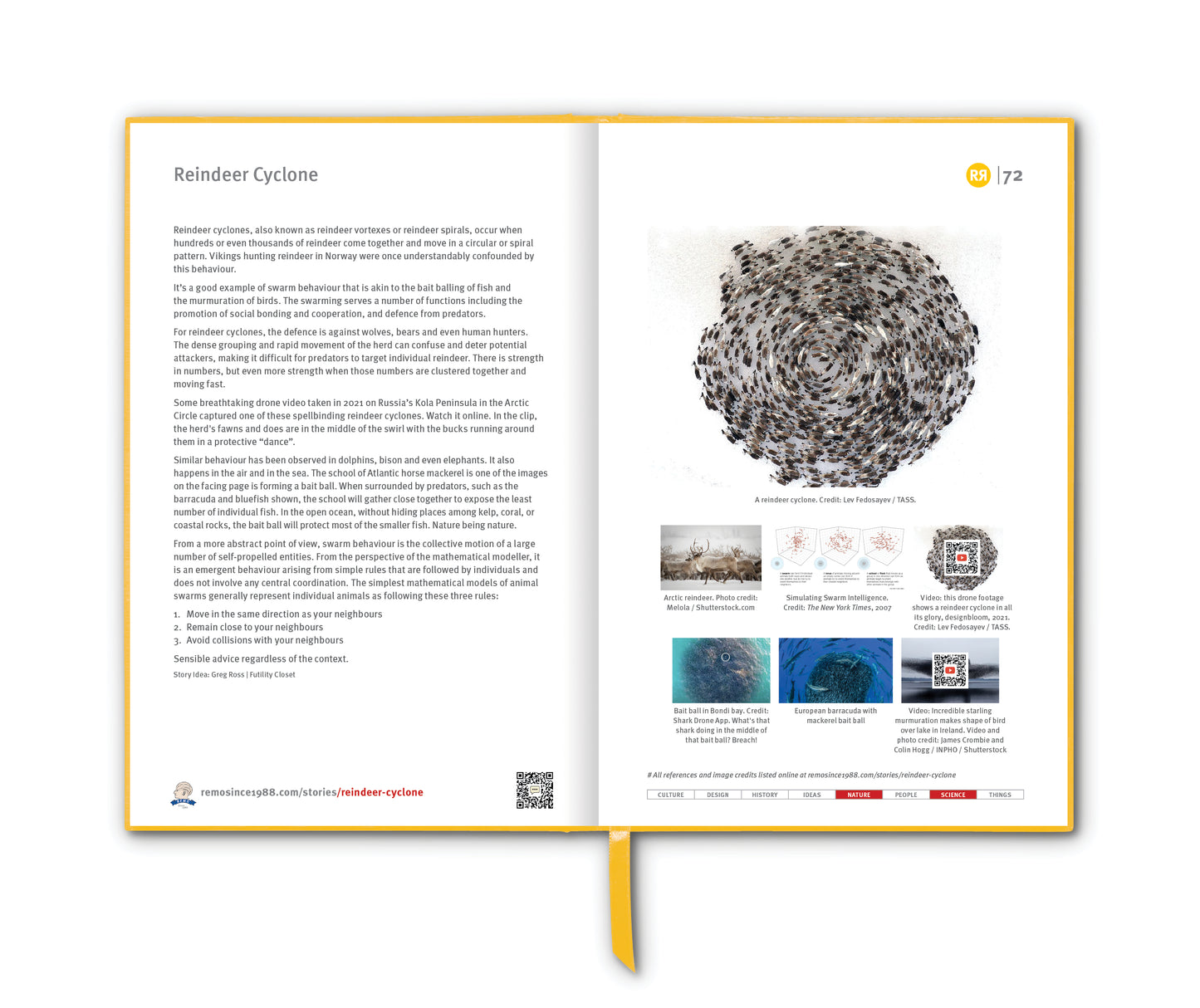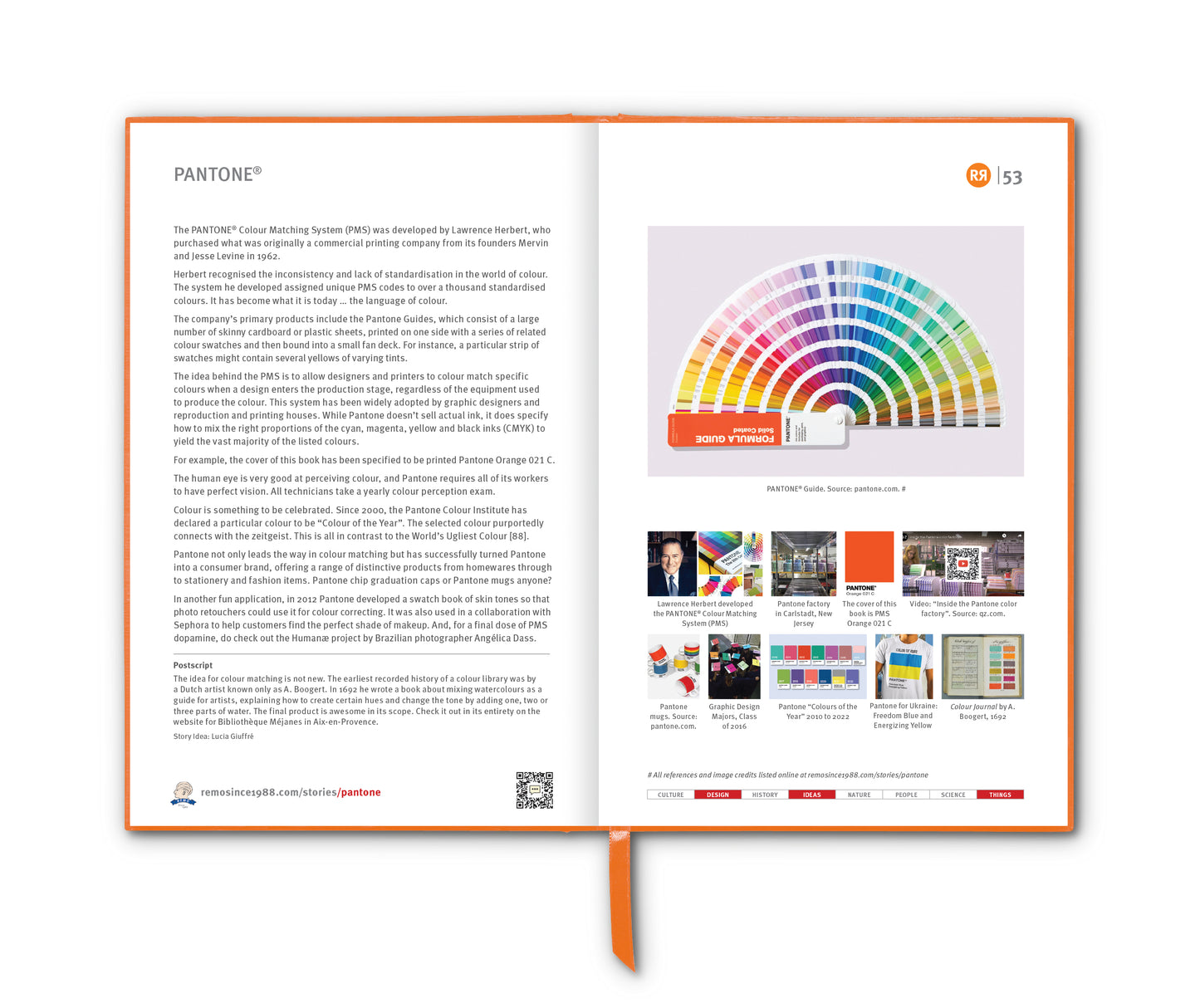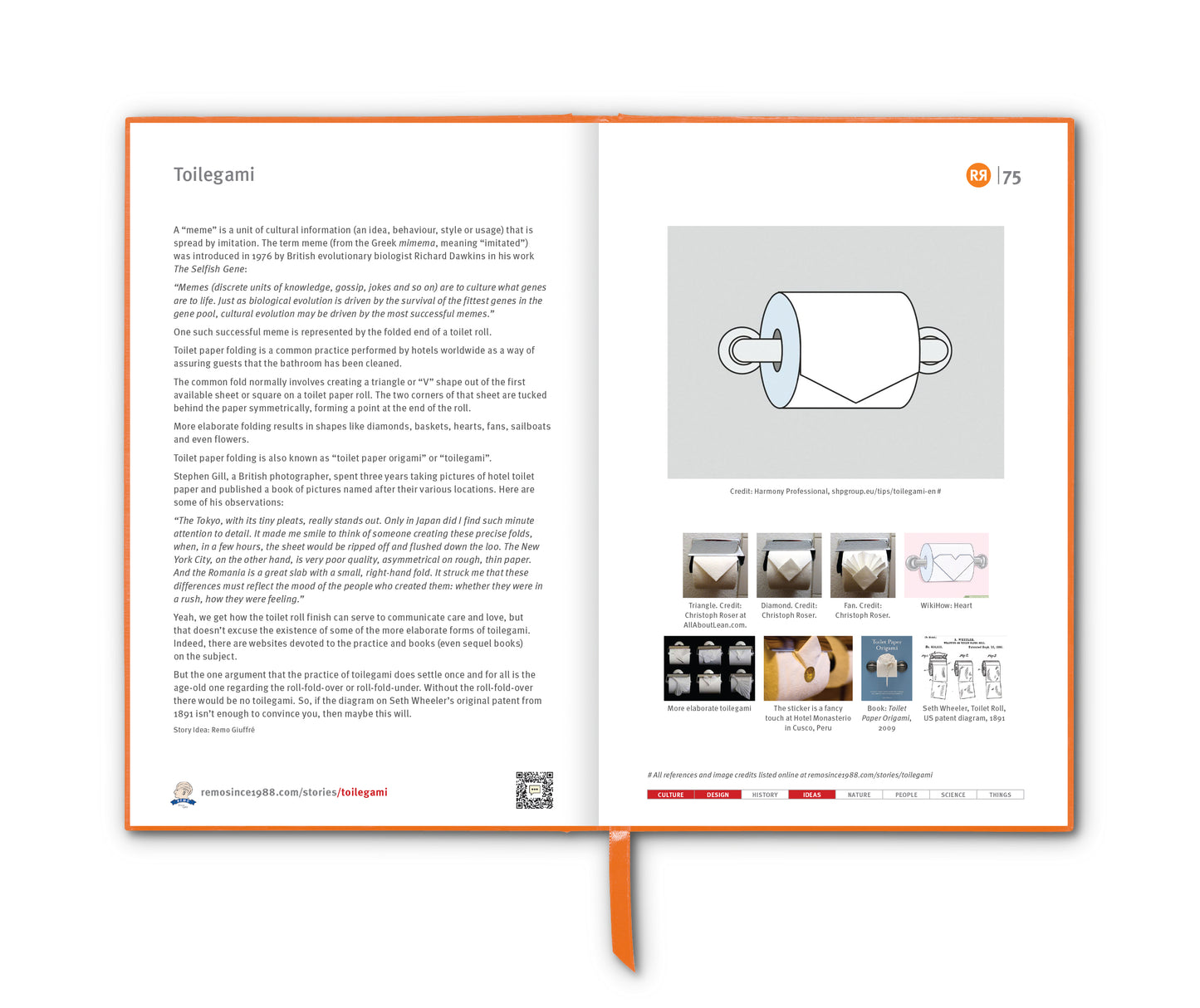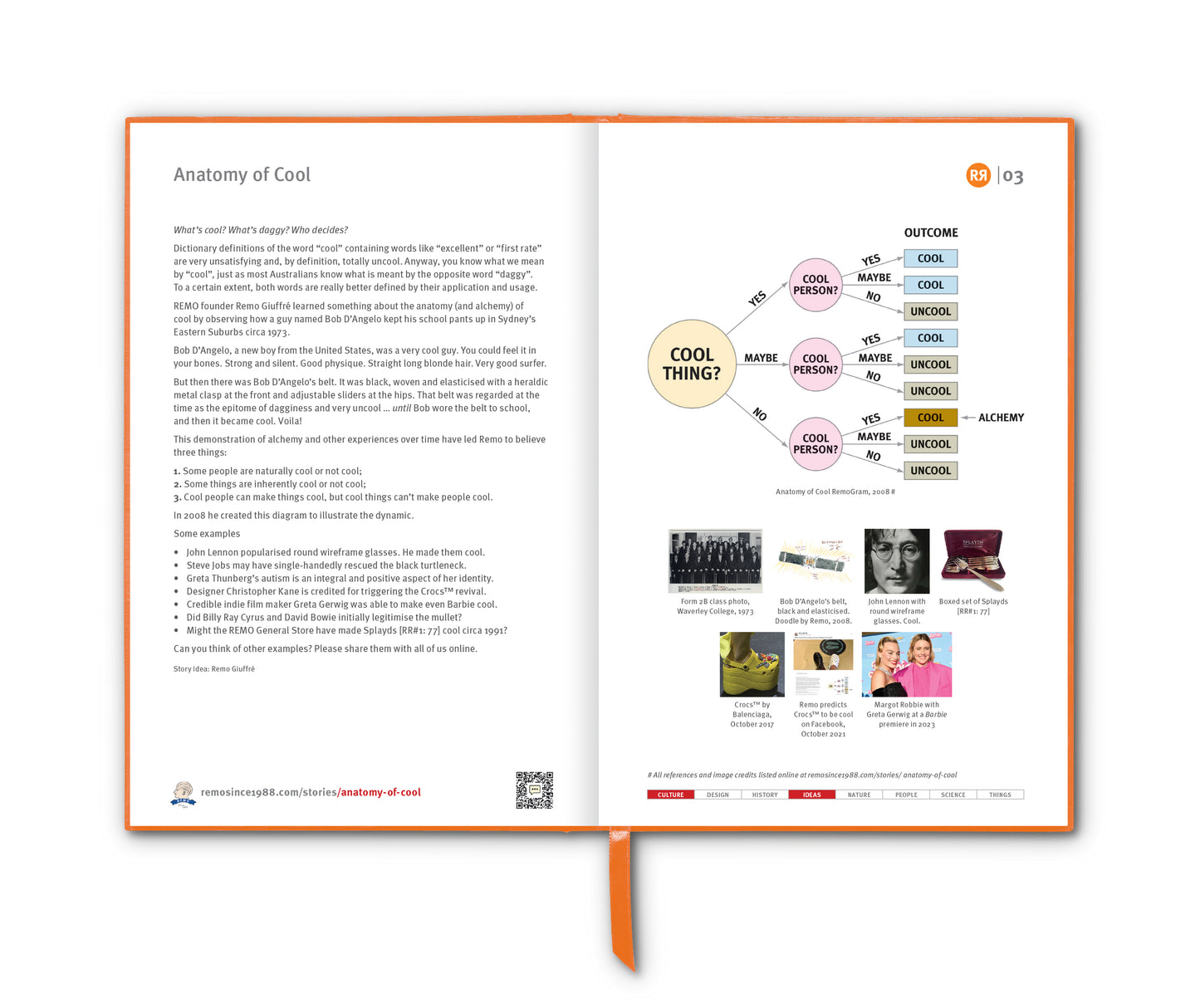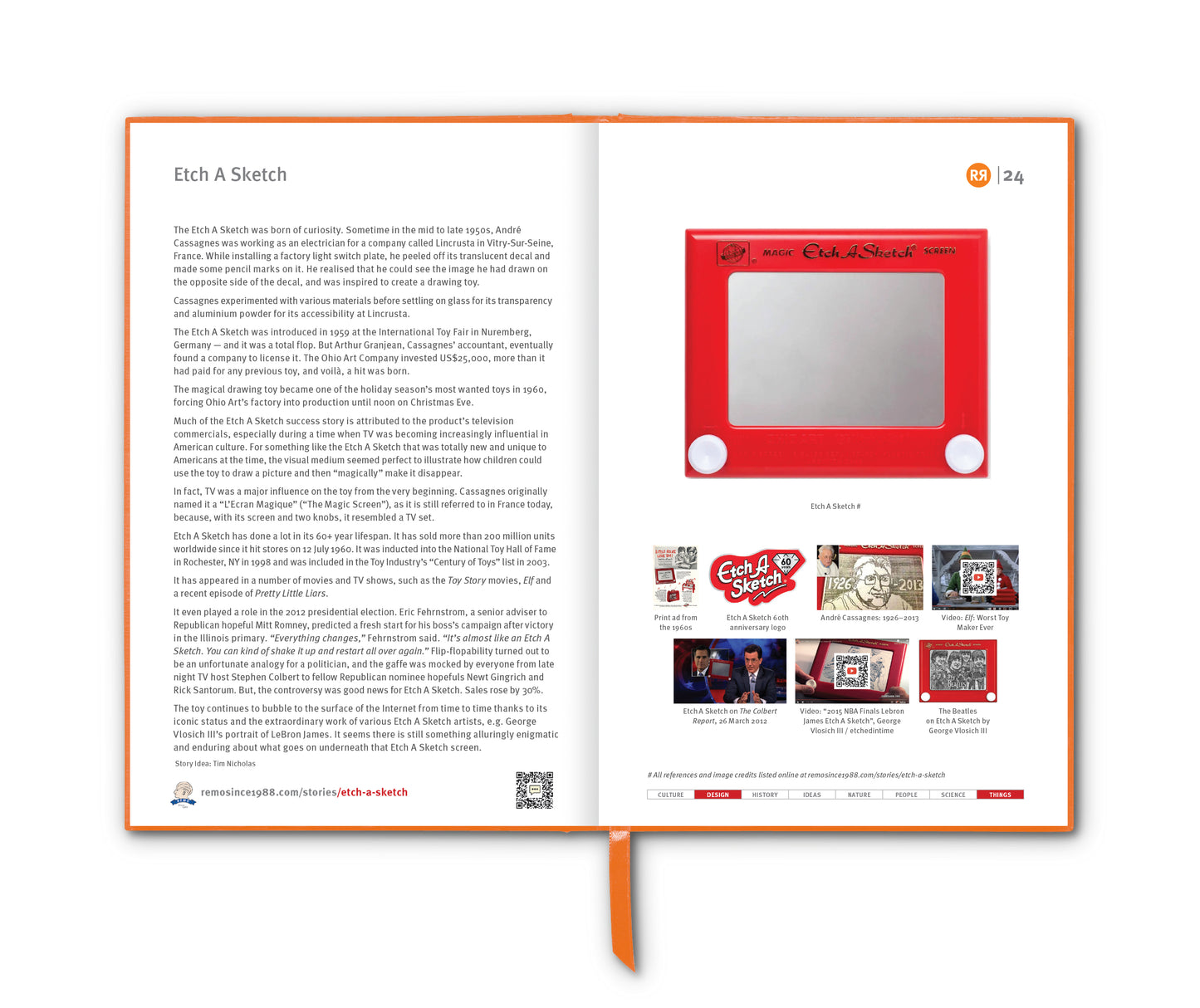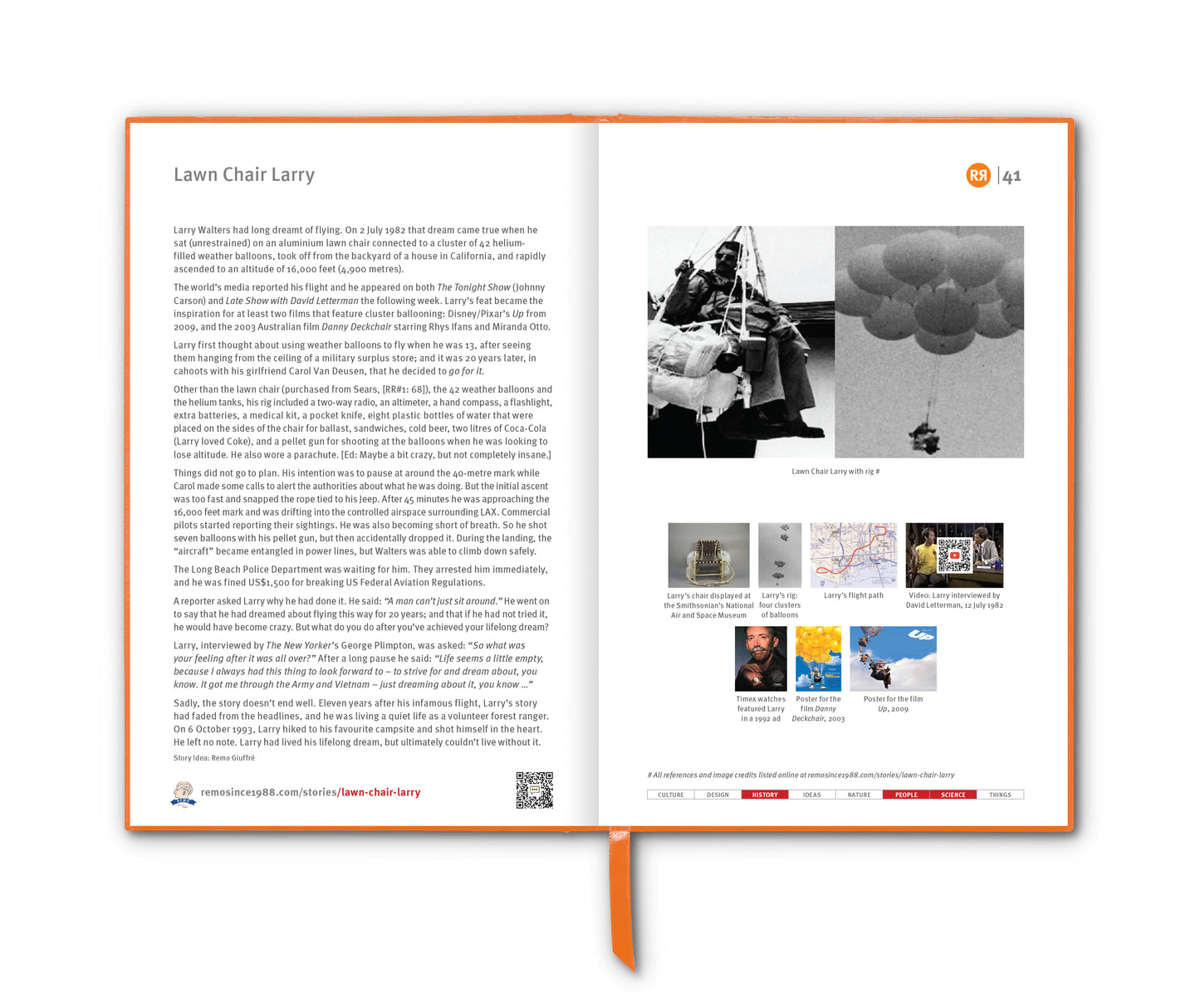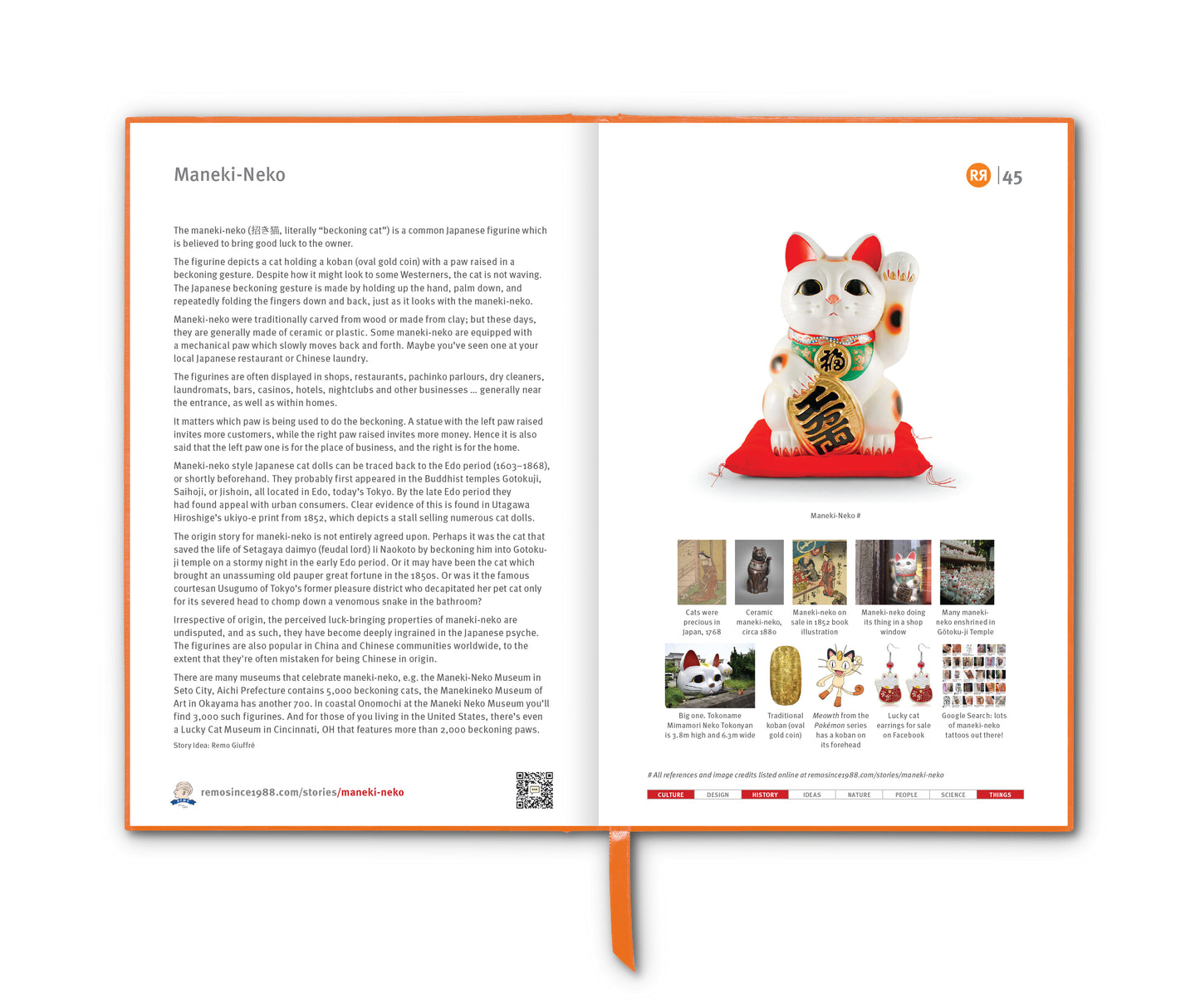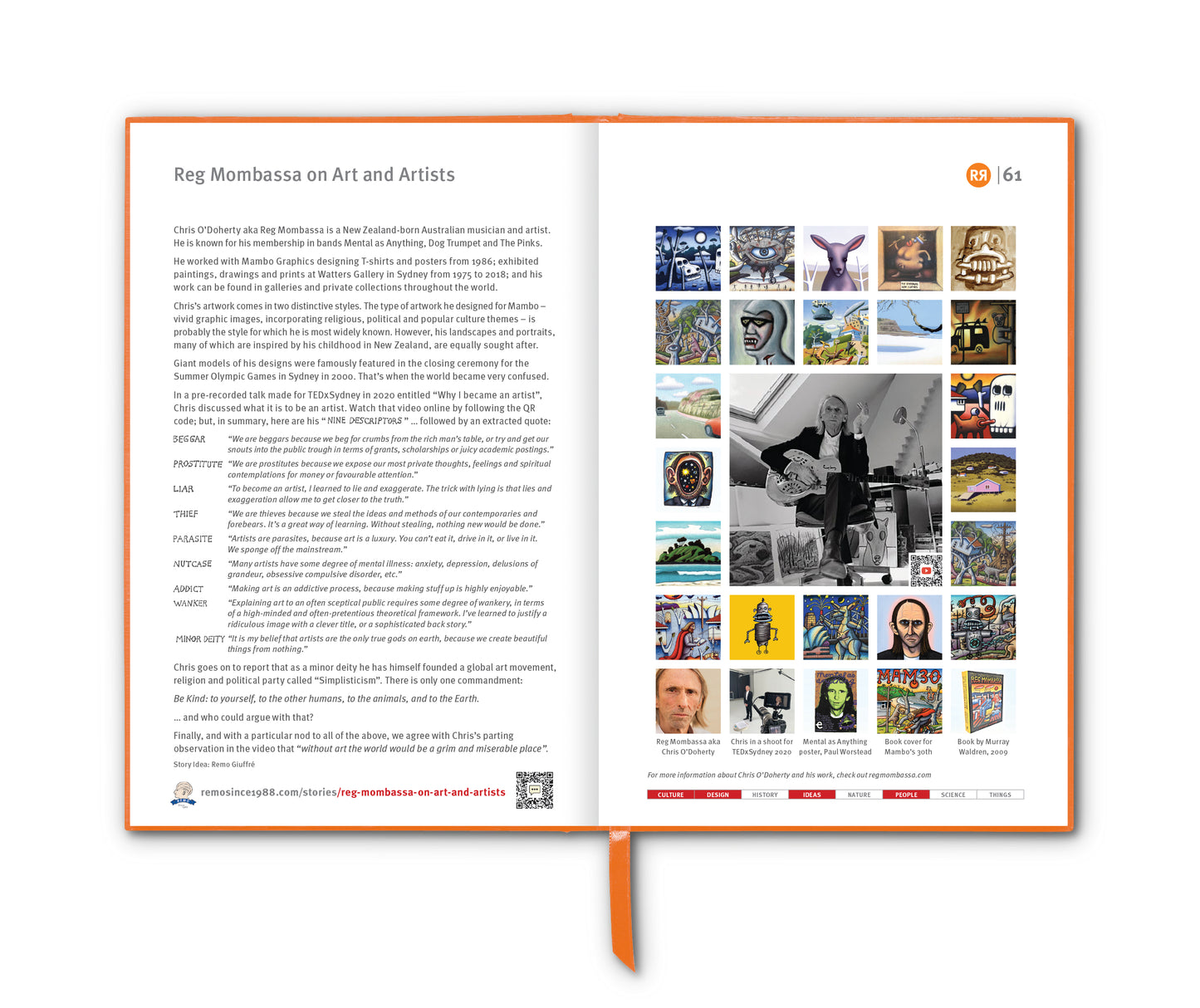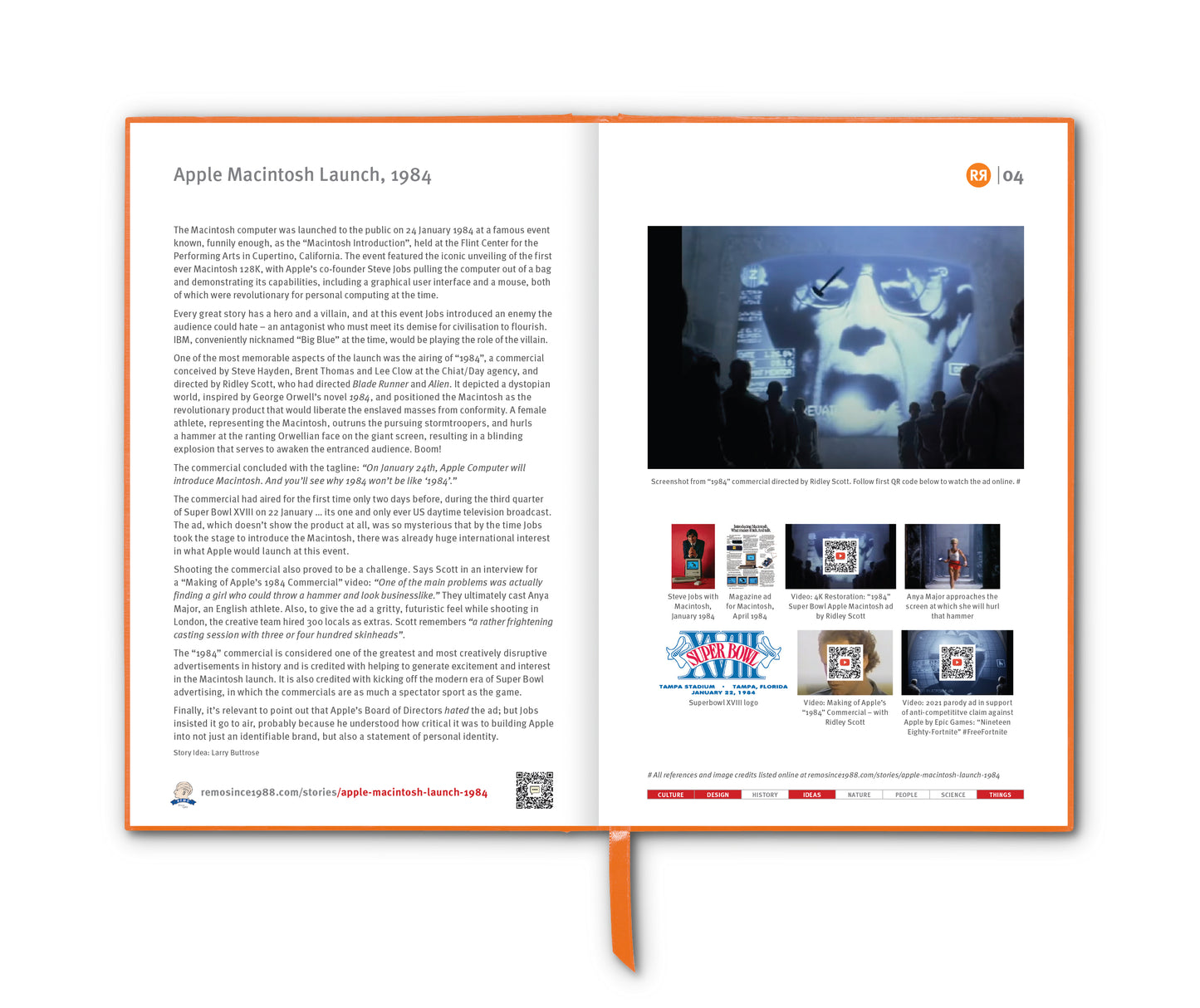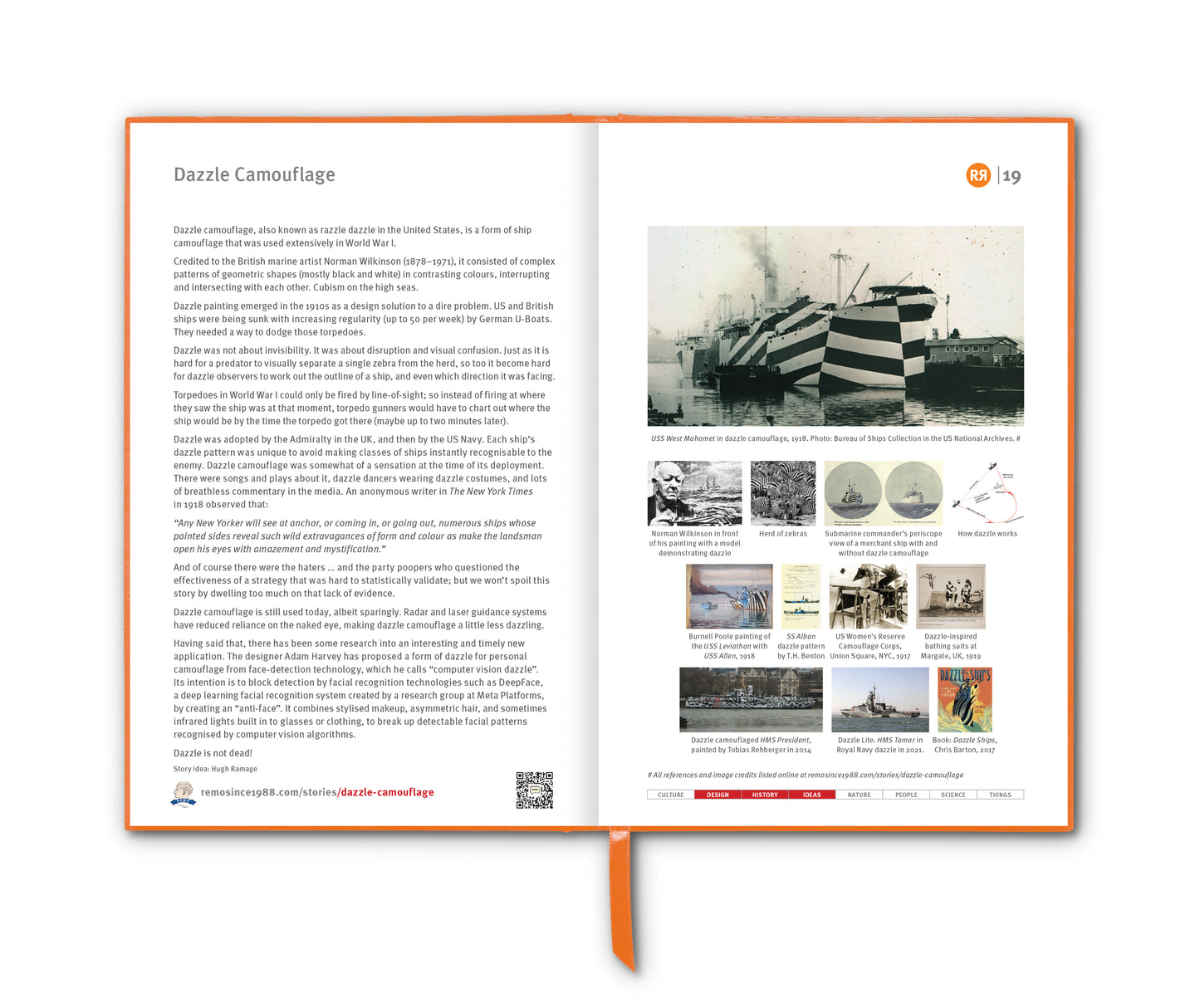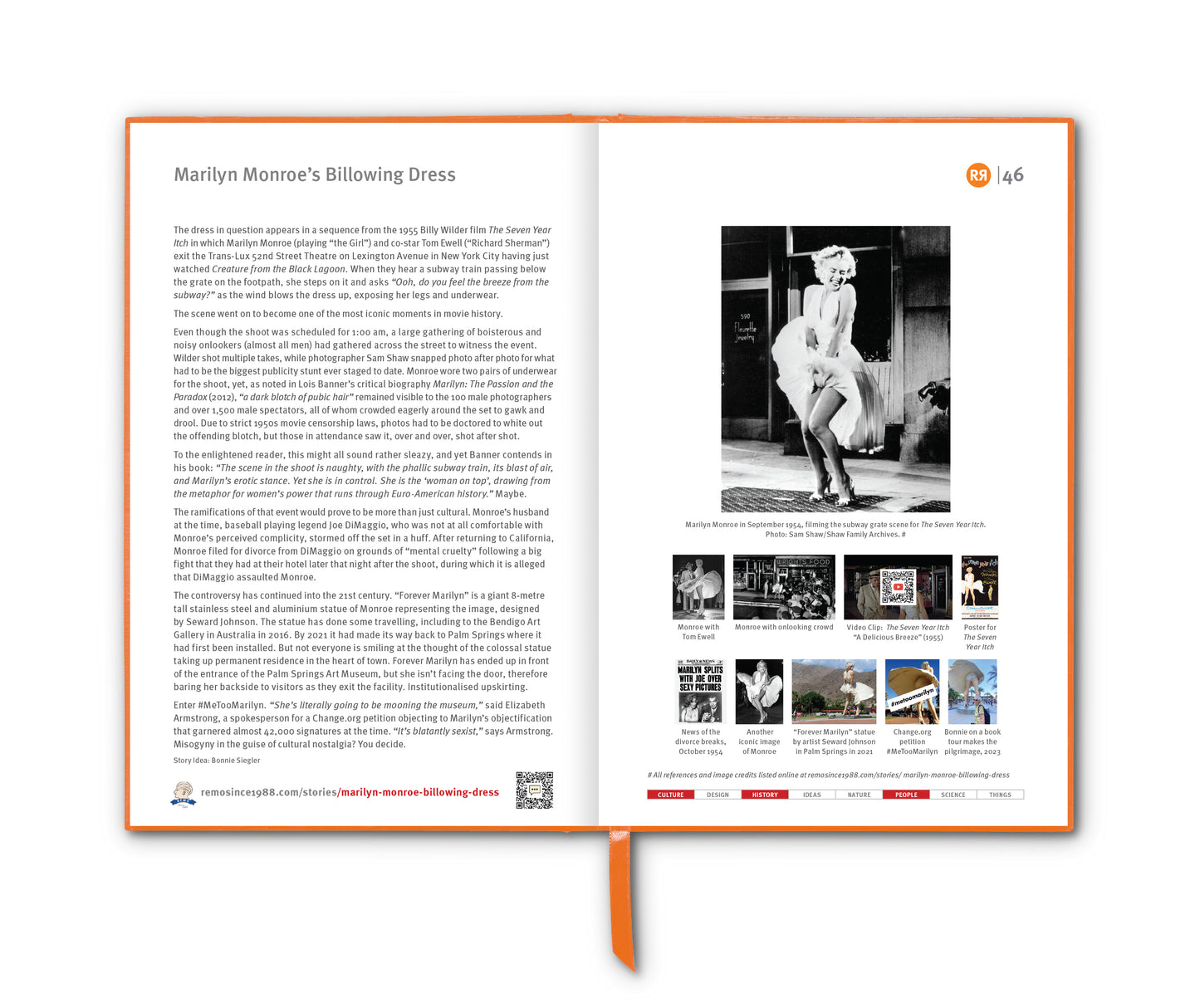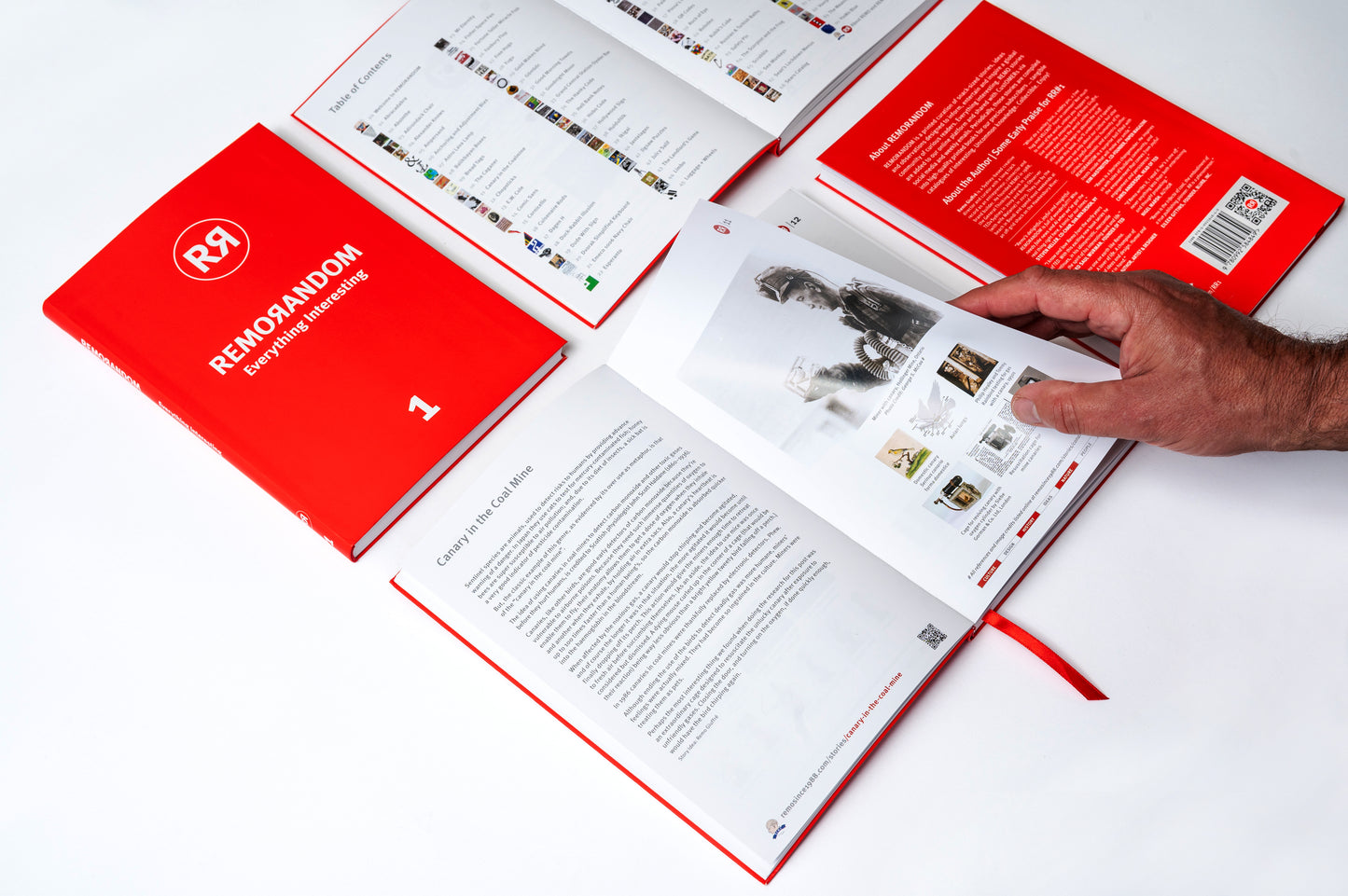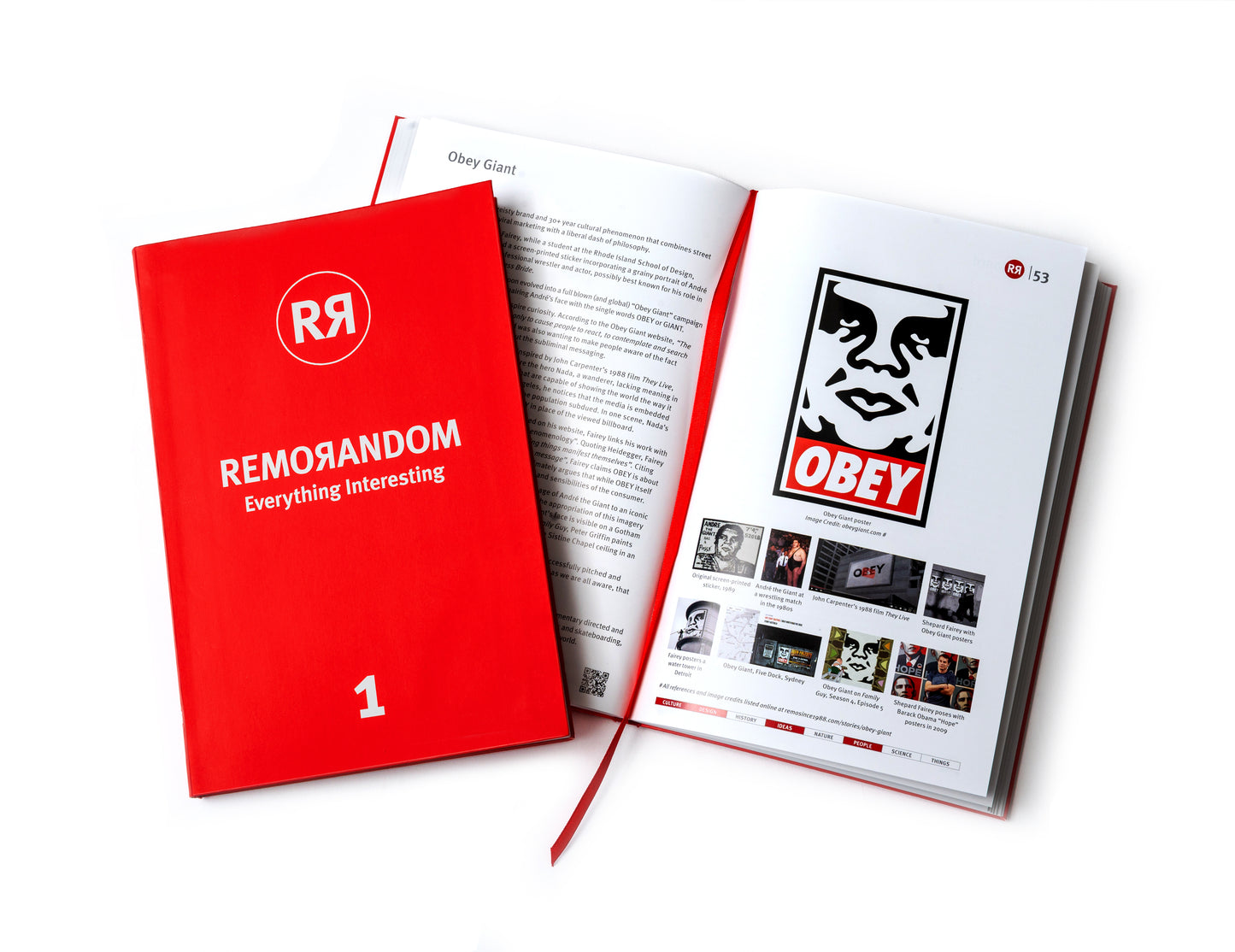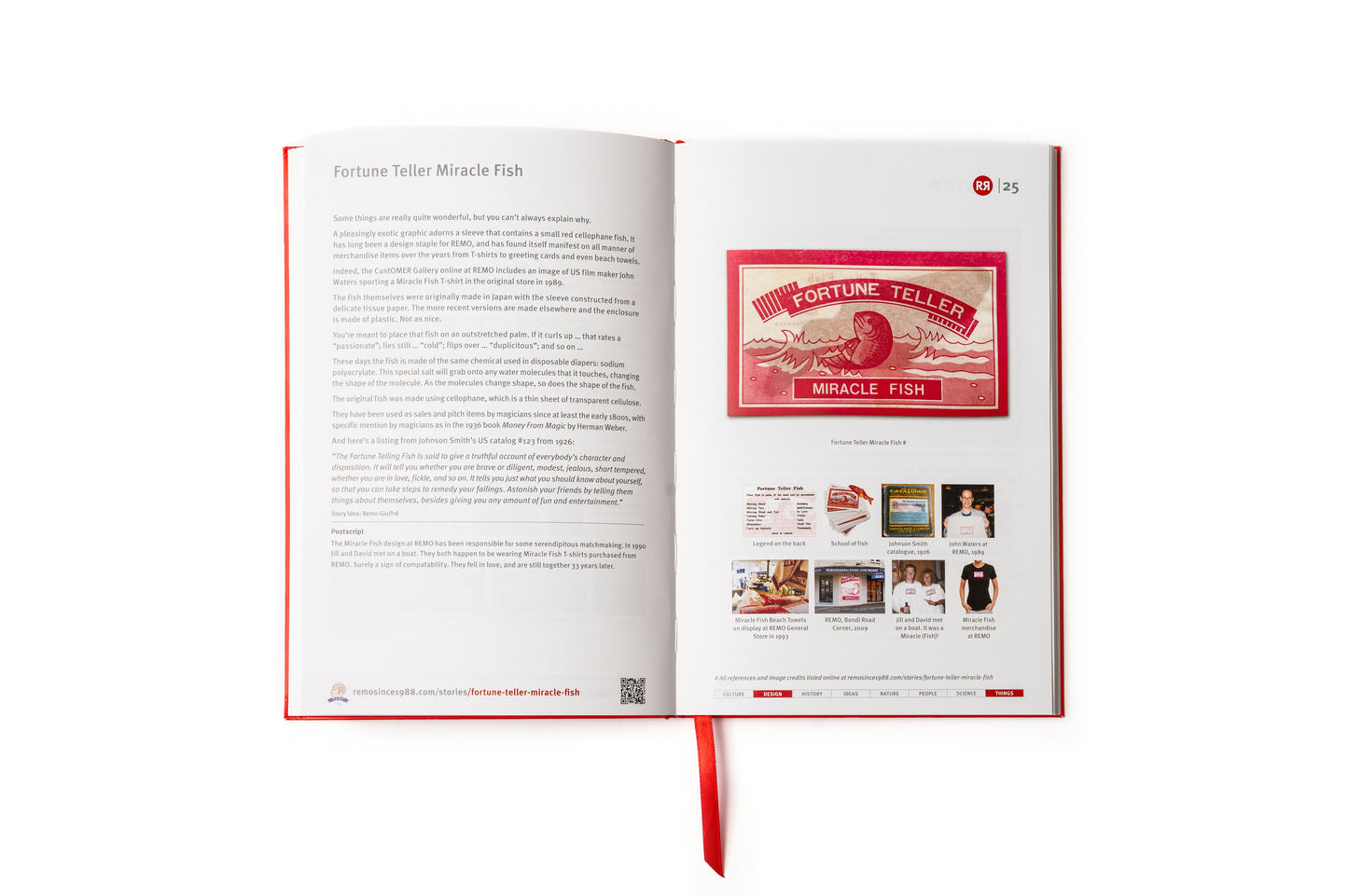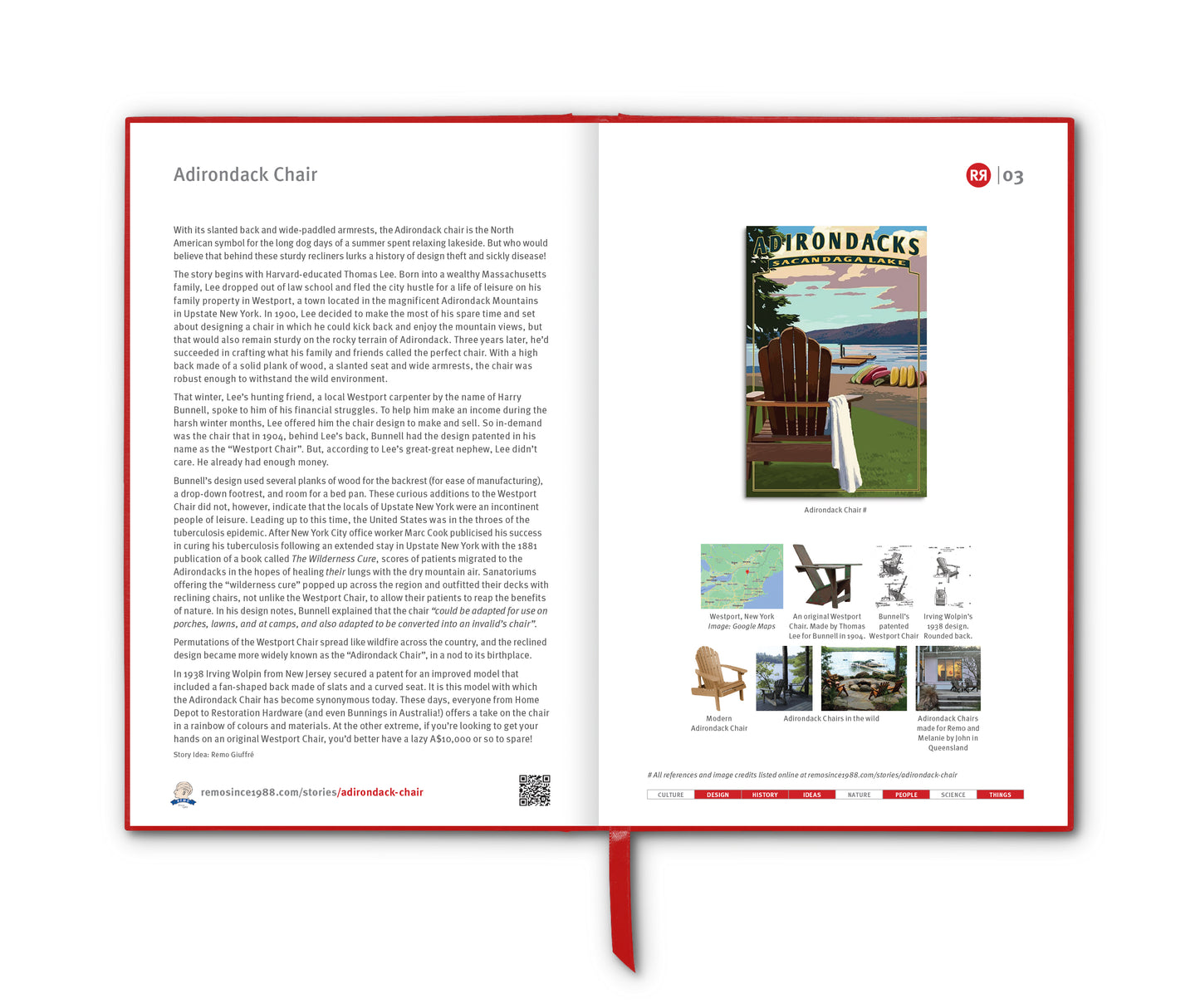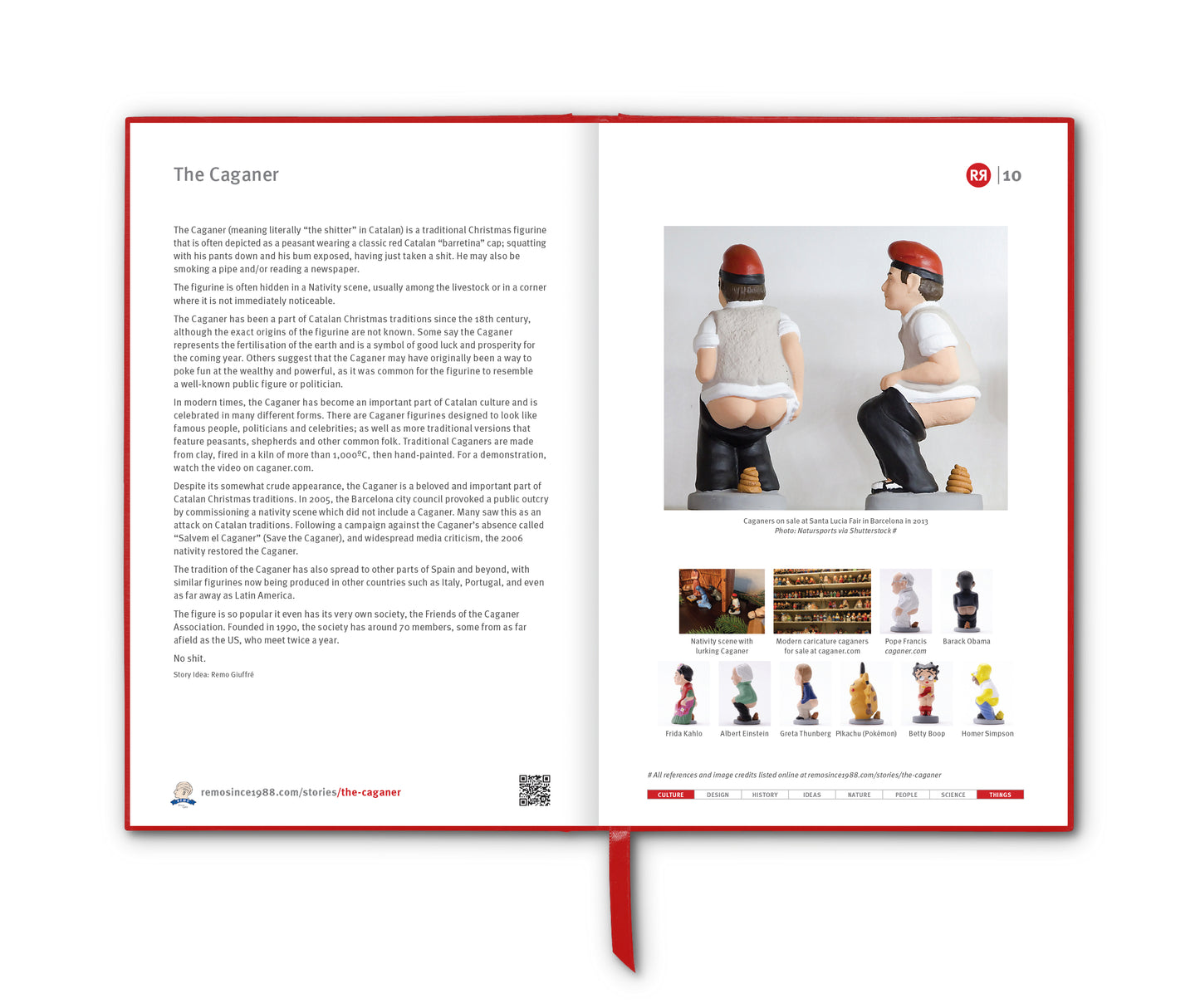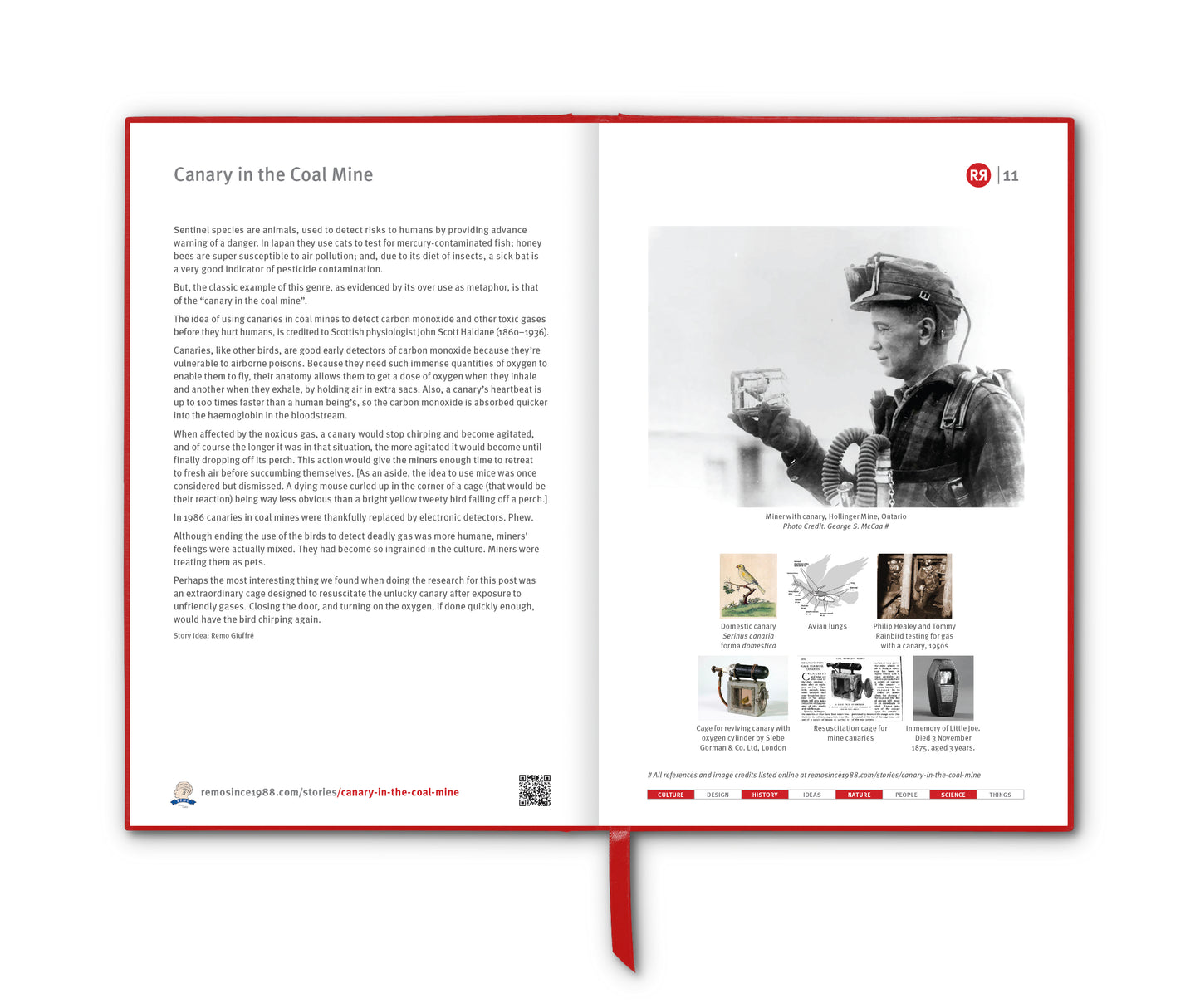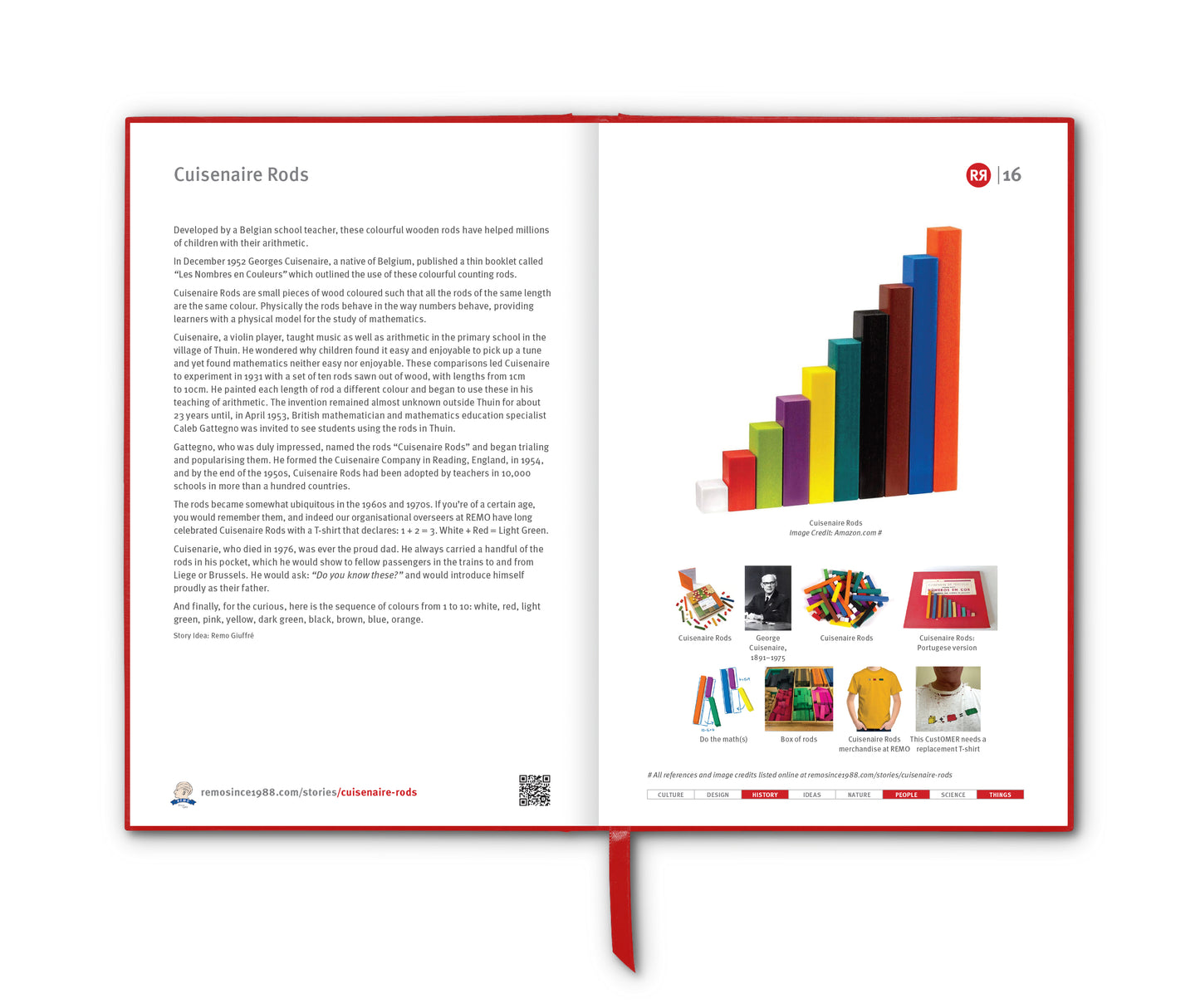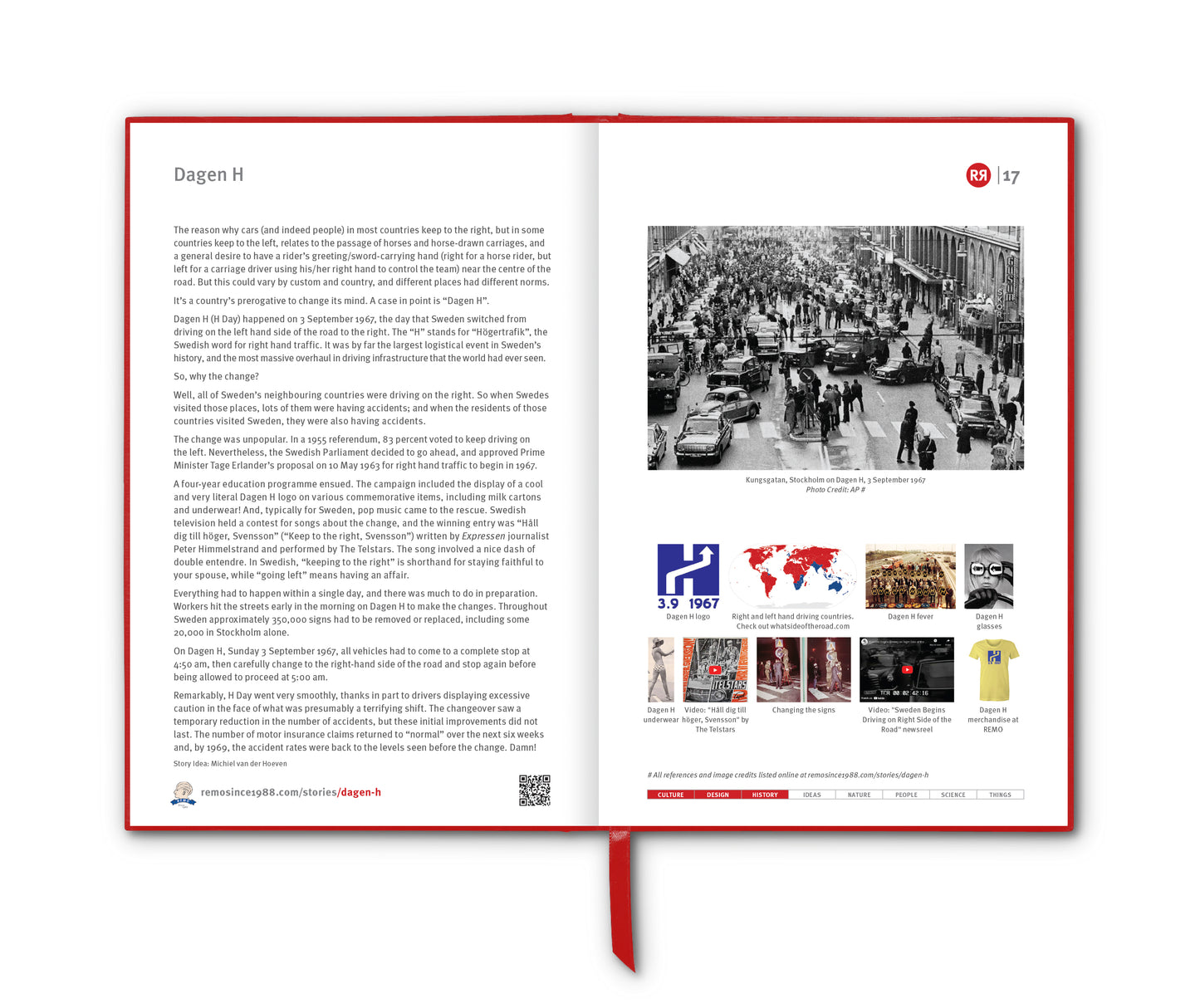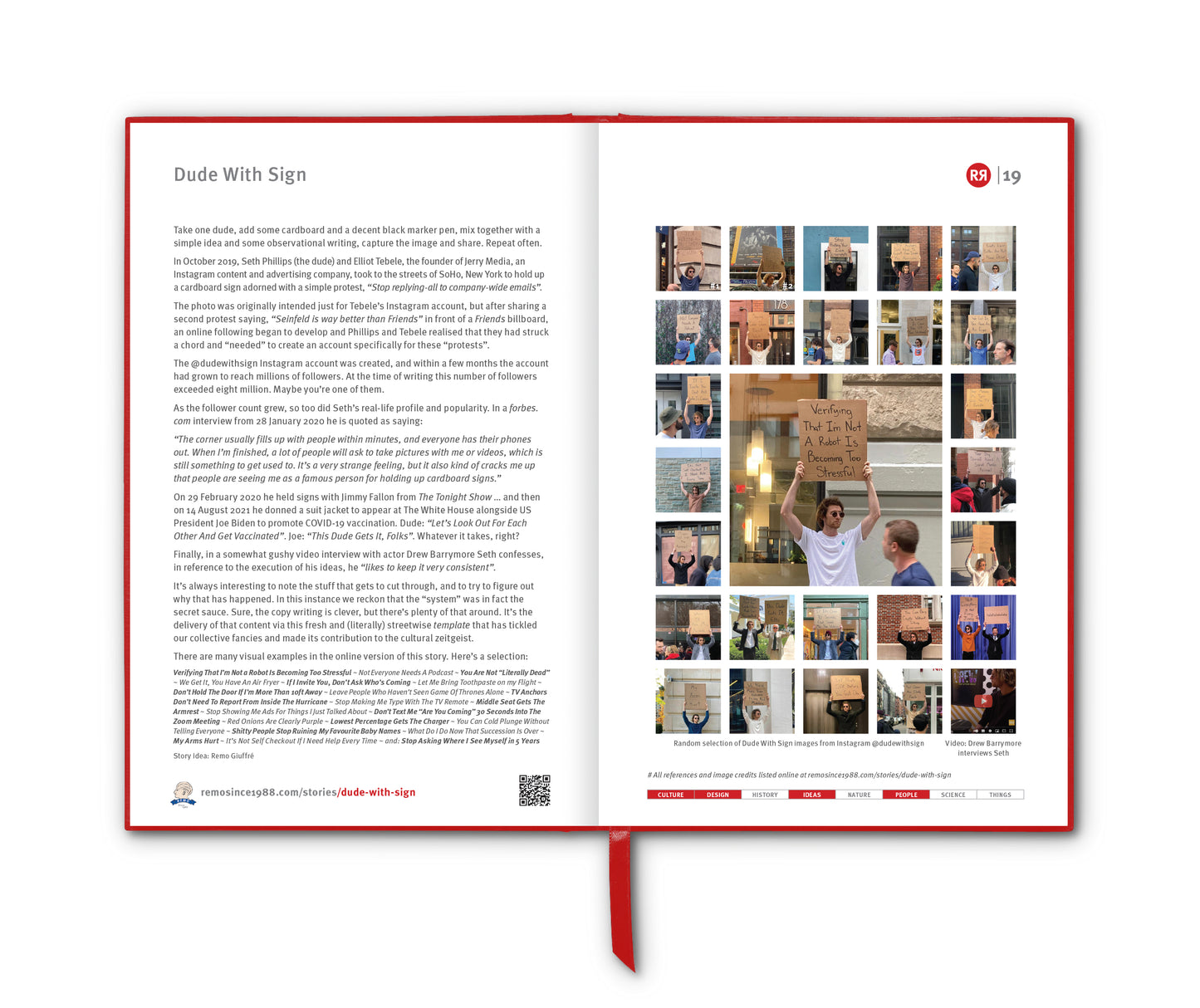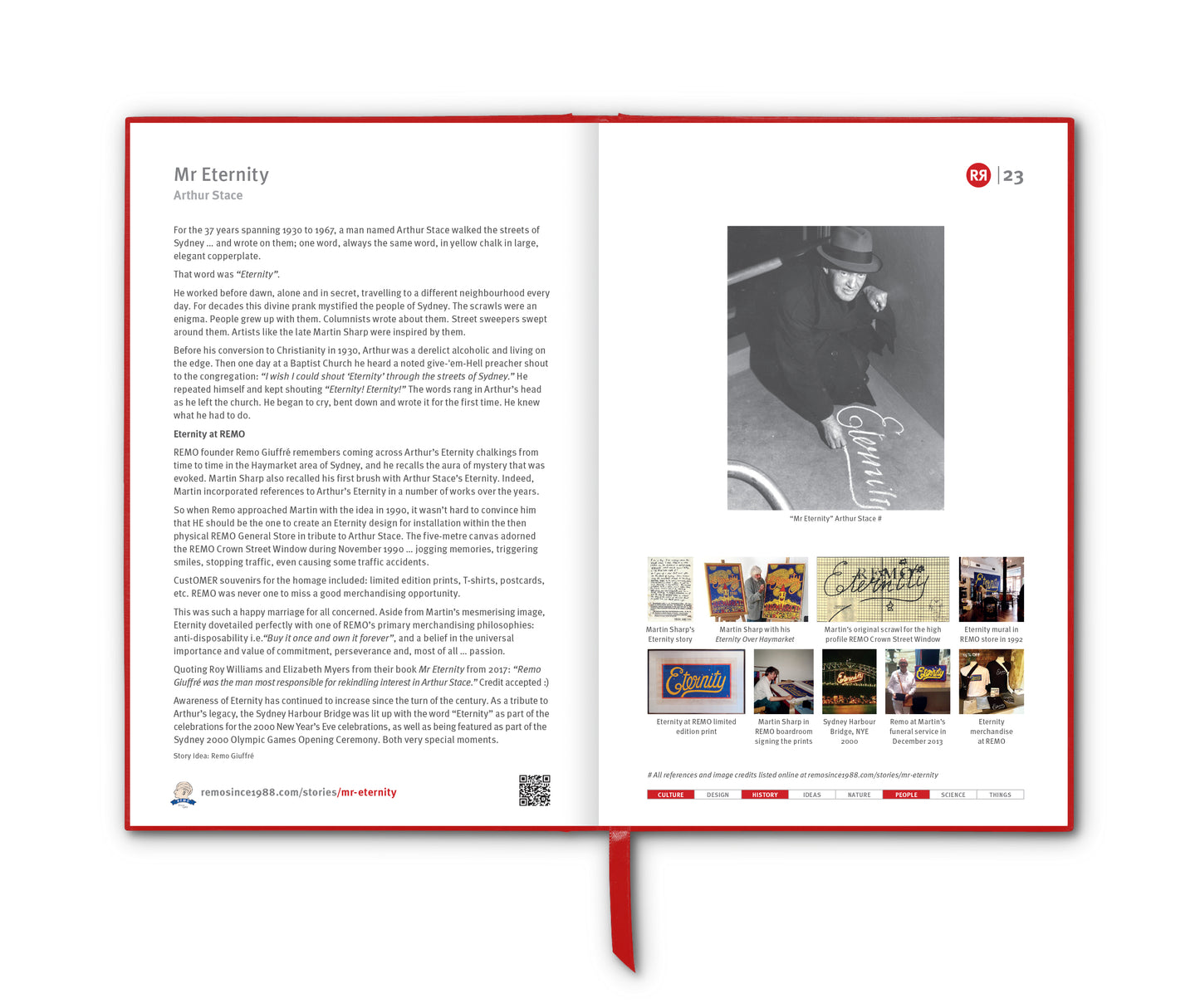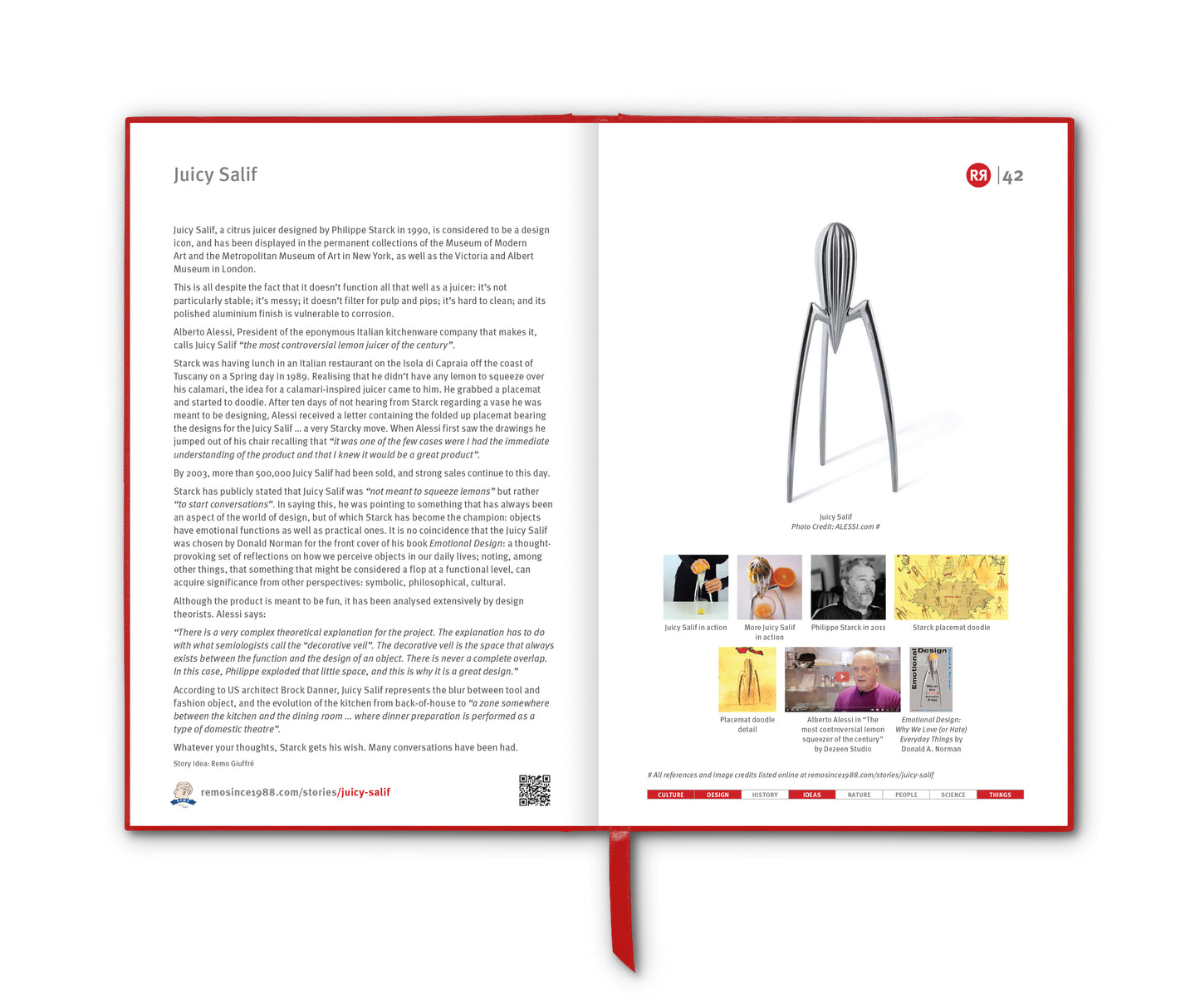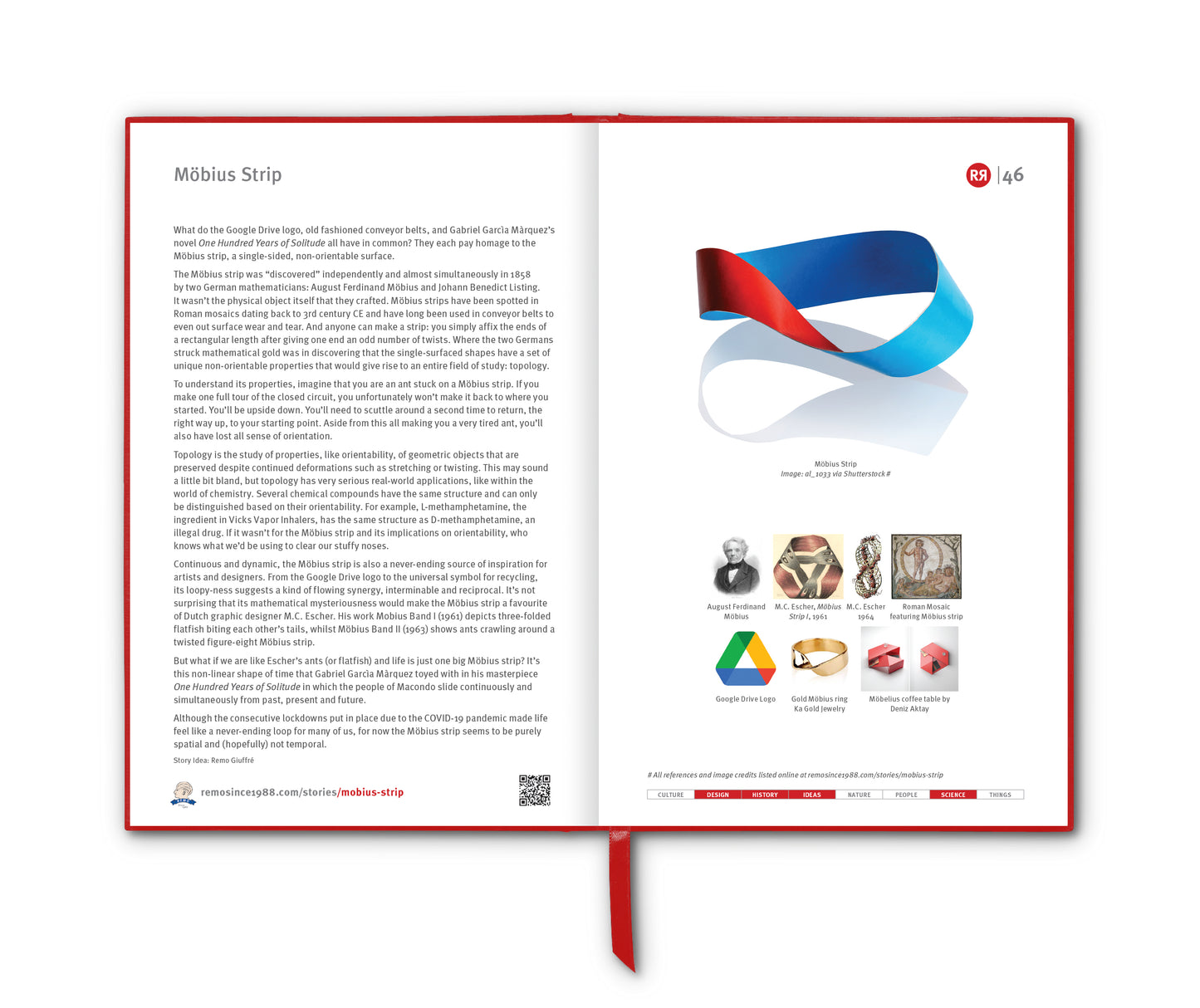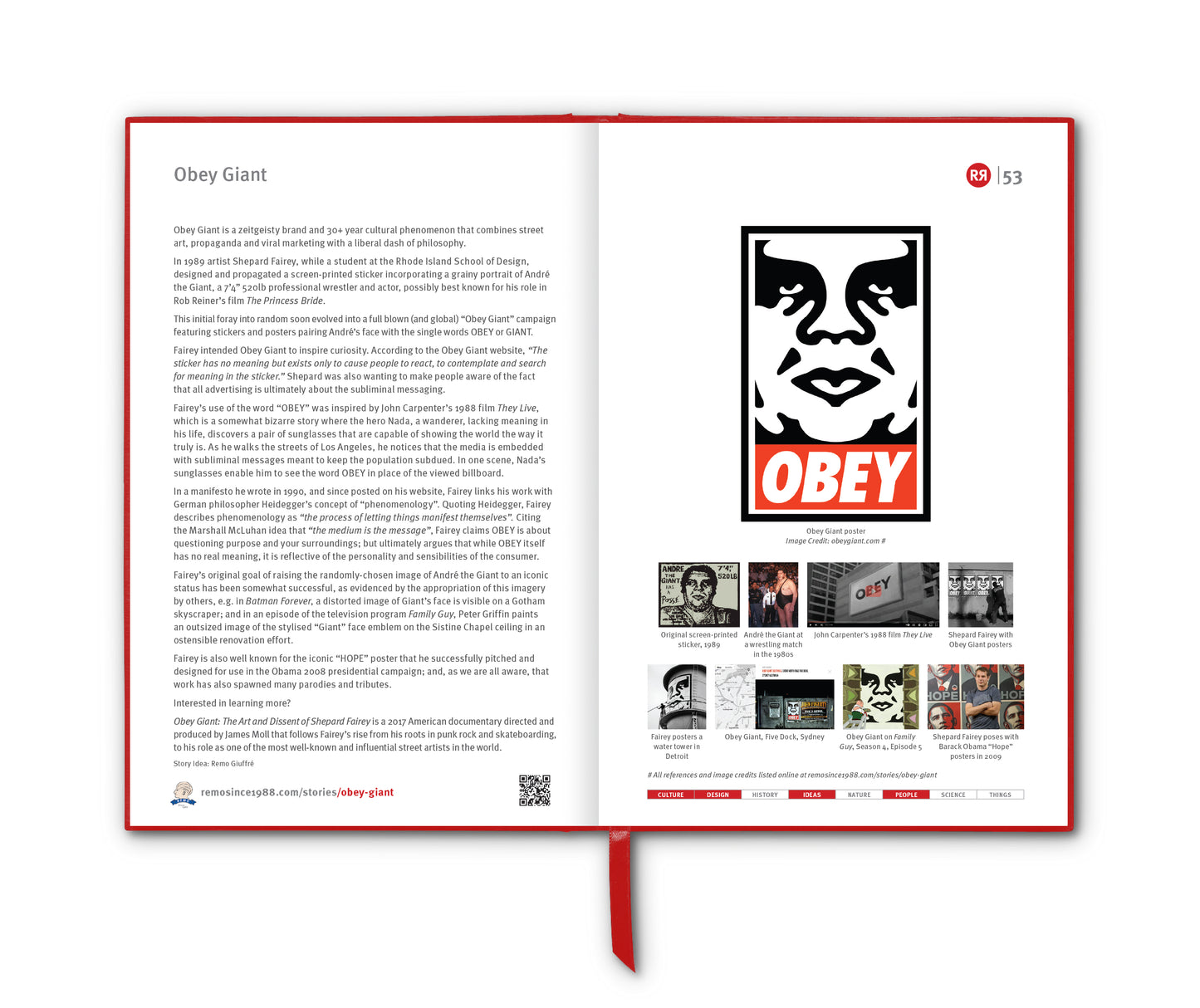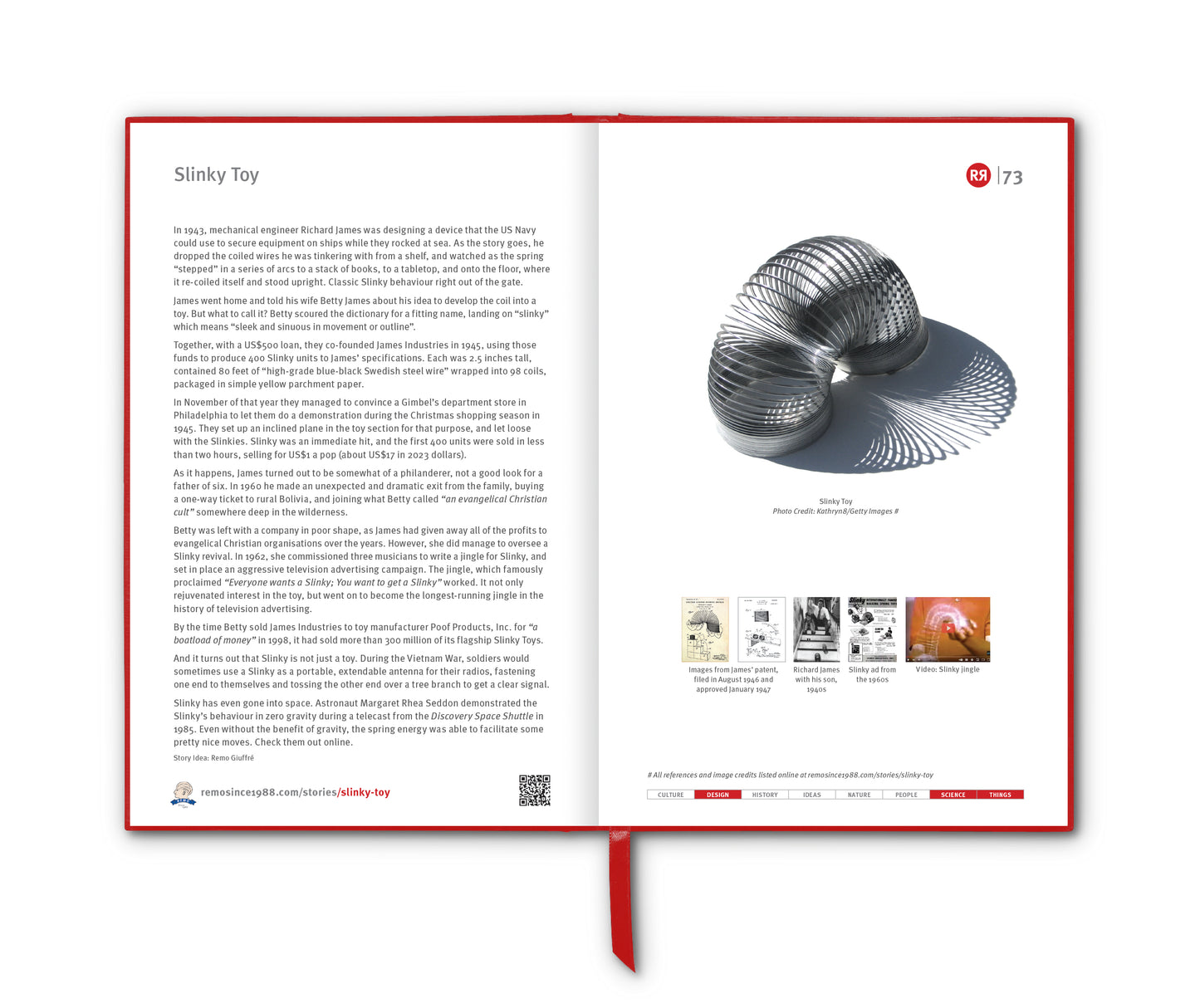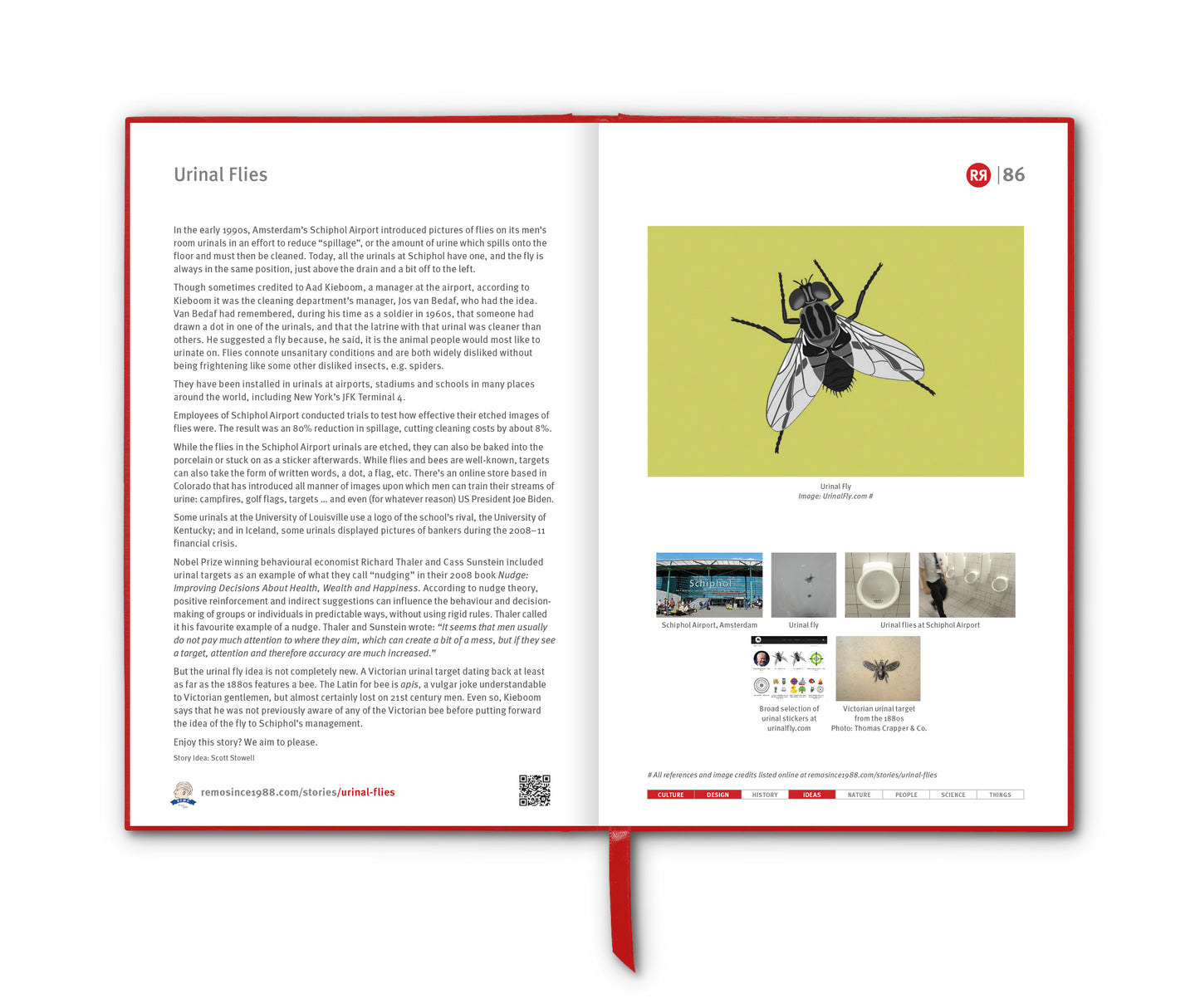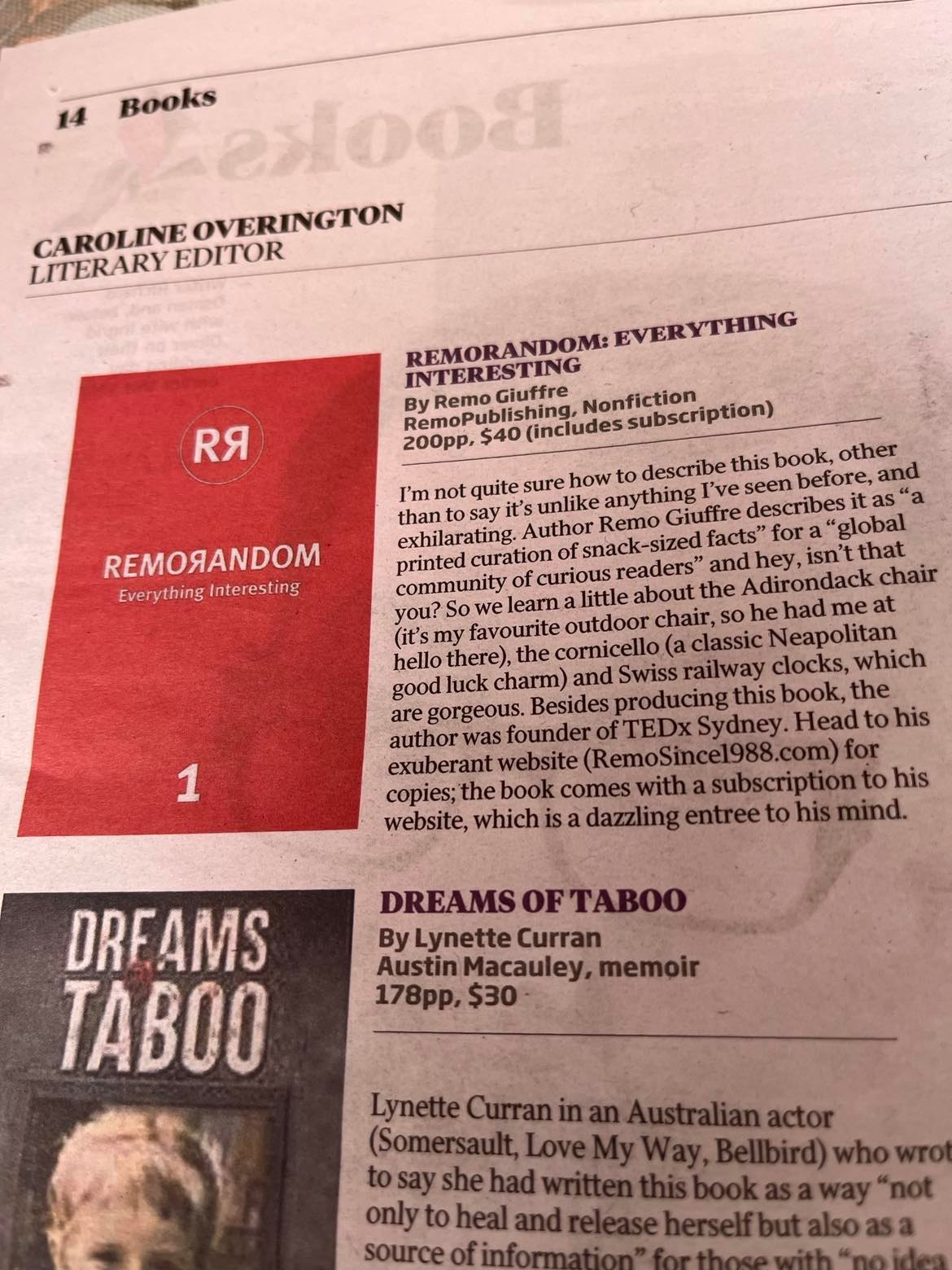The Dunning-Kruger effect is a cognitive bias where people with low ability, knowledge, or expertise in a certain area tend to overestimate their competence. If you don't know something, you also don't have the ability to recognise that you don't know it. Illusory superiority.
Conversely, those with high ability often underestimate their competence.
This phenomenon occurs because individuals with limited knowledge or skill lack the self-awareness to recognise their deficiencies, leading them to believe they are more capable than they actually are.
The effect was first identified in a 1999 study by psychologists David Dunning and Justin Kruger. They found that people who performed poorly on various tests often rated their performance much higher than it actually was. Meanwhile, those who performed well were more accurate in their self-assessments, but often underestimated their relative competence compared to others.
The Dunning-Kruger effect highlights the importance of self-awareness and the role of feedback in helping individuals accurately assess their abilities. It also underscores the idea that confidence doesn't always correlate with competence.
In popular culture, the Dunning–Kruger effect is often misunderstood as a claim about general overconfidence of people with low intelligence, instead of specific overconfidence of people unskilled at a particular task.
A notable example of the Dunning–Kruger effect was the Fyre Festival. That infamous event was touted to be the trendiest, celebrity-infused festival of 2017. The organiser recruited influencers, investors, and ticket buyers for what turned out to be a catastrophic event that experienced problems with security, food, accommodation and medical services. The organiser believed he had the skills and knowledge to pull it off in a short time, resulting in people losing money, employees going unpaid, and an eventual prison sentence for fraud. Ouch.
Another high-profile example of the Dunning–Kruger effect was Theranos. Founded by Elizabeth Holmes, a college dropout with no business or medical experience, she sold investors on her ideas that were based on flawed medical research. She hired executives with no experience to run the company, including her boyfriend, brother and others, and continued to grow the company. Due to Holmes’ lack of the experience she claimed she had, the company later collapsed, with many of the executives fined or jailed.
How to avoid the Dunning–Kruger effect? The short answer is to be self-aware.
To avoid the Dunning–Kruger effect, you must first accept it can affect anyone. We all have pockets of incompetence that we don't recognise. We think we're better drivers, or money managers, or chess players than we actually are. It does not mean you lack intelligence, but simply that you lack the expertise you believe you have.
Story Idea: Andrew Westcombe
____________________
References
wikipedia.org/wiki/Dunning%E2%80%93Kruger_effect
dovetail.com/research/dunning-kruger-effect-examples/
verywellmind.com/an-overview-of-the-dunning-kruger-effect-4160740
Images
1. Pawn sees himself as King. Credit: ffikretow for iStock Photo
2. David Dunning and Justin Kruger
3. The Dunning-Kruger effect
4. FYRE: The Greatest Party That Never Happened | Netflix, 2019
5. Theranos documentary: The Inventor: Out for Blood in Silicon Valley | HBO, 2019
6. Video: “Why incompetent people think they're amazing” David Dunning for TEDEd, 2018





























